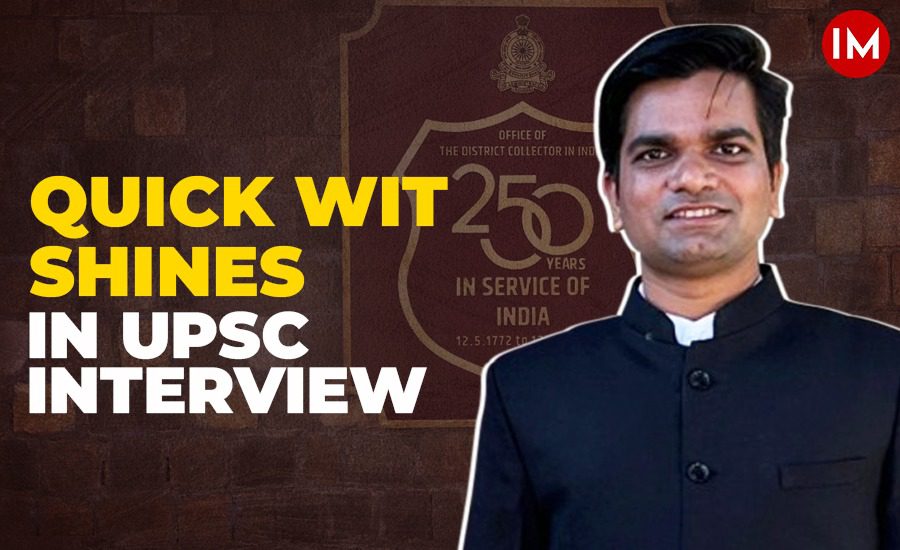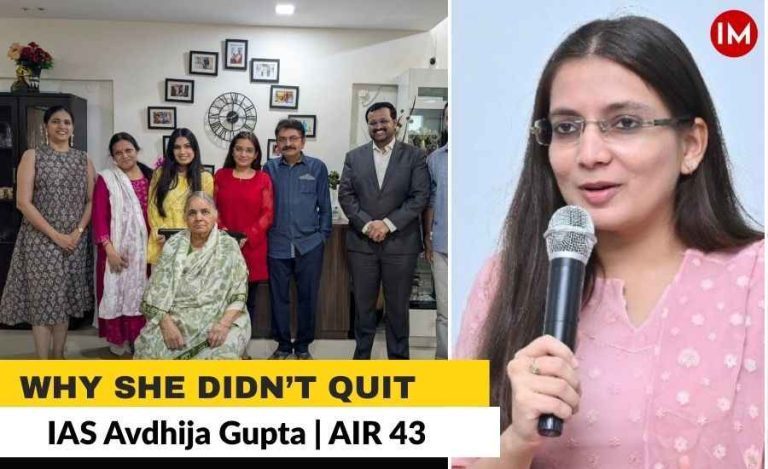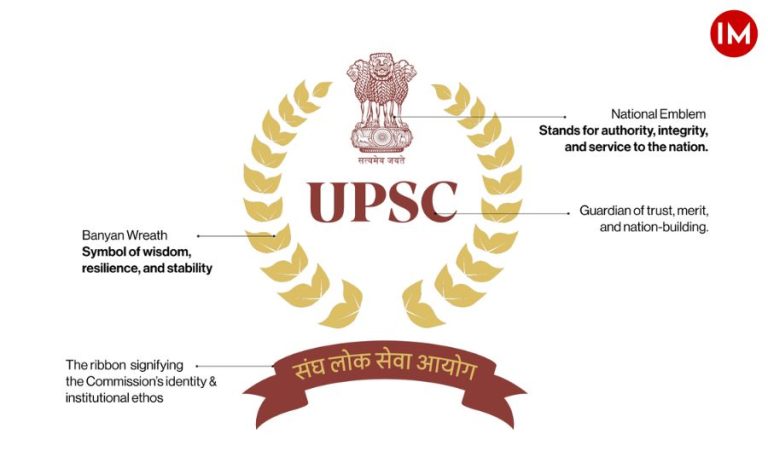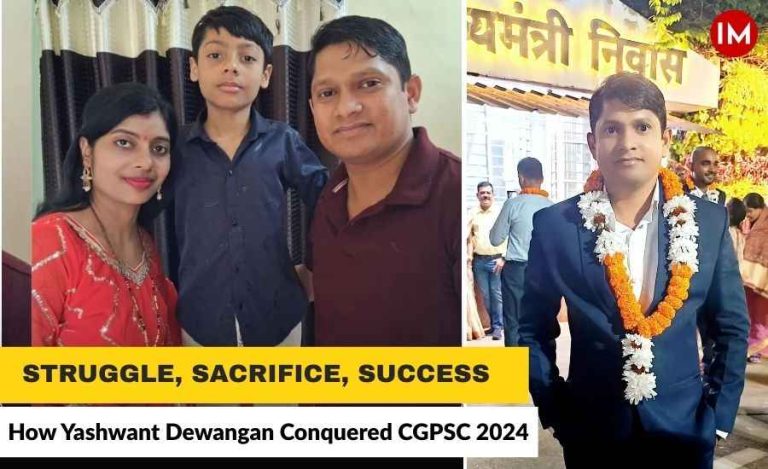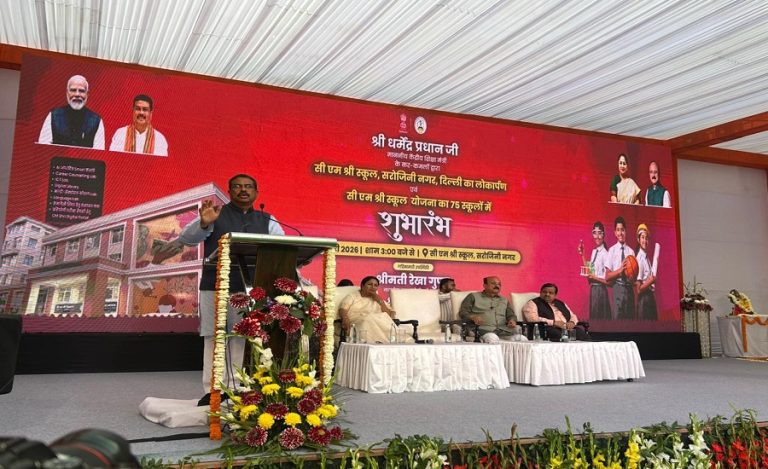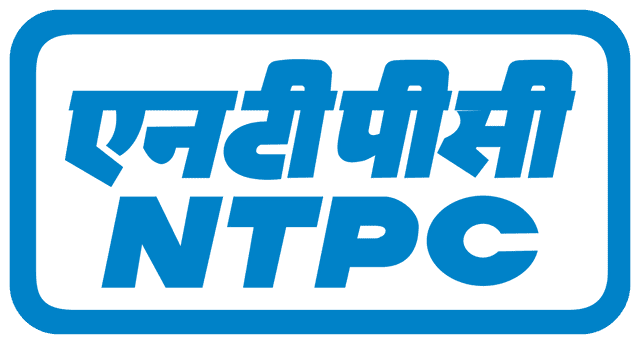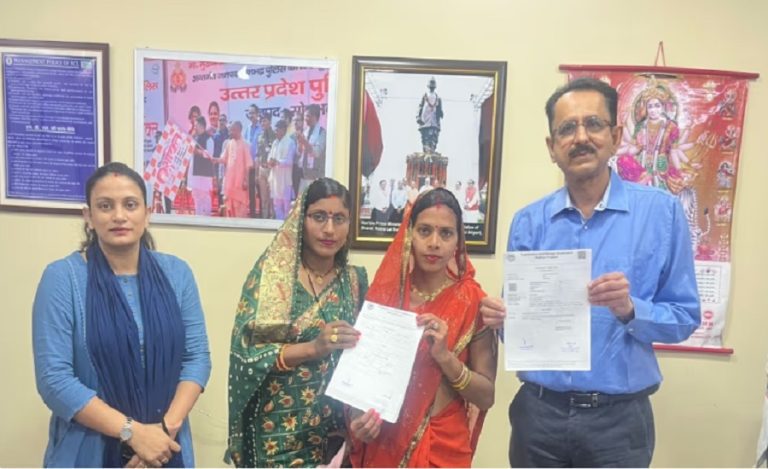The first graduate in his family, 2021 batch IAS officer Sanket Waghe, never initially dreamed of a career in civil service. Despite his humble background, he earned his M.Sc. in Physics from Nagpur University. During his studies, witnessing the Nagpur Metro Project unfold, he had numerous interactions with the bureaucrats involved. This experience sparked his interest and led him to seriously consider preparing for the civil service examination.
“During my initial attempt, I successfully passed the Prelims. However, due to a delay in obtaining a crucial document from the Tehsildar office, I was unable to sit for the Mains exam,” Mr. Waghe shared with Indian Masterminds. This setback served as a significant motivation for him to intensify his efforts toward entering the administration.
PREPARATION STRATEGY
In his initial attempt, he started the preparation from scratch. Beginning with a thorough study of the UPSC syllabus, he meticulously analyzed previous years’ question papers, dedicating a substantial 1-2 months to this task. He crafted his own strategy for both Prelims and Mains and then opted for Political Science and International Relations (PSIR) as his optional subject.
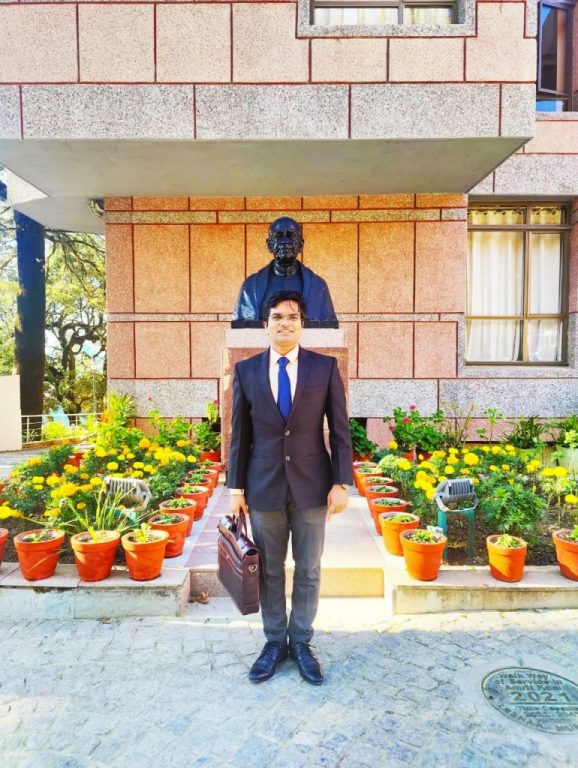
Devoting nearly four months to mastering his optional, Mr. Waghe subsequently focused on mains preparation for around 4-5 months before delving into prelims. “My preparation approach involved an initial phase of NCERT reading, followed by immersion in resource books, and culminating in extensive answer writing practice and mock tests,” Mr. Waghe shared.
His focus during the second attempt shifted towards extensive practice through solving numerous question papers and honing his answer writing skills.
PERSONALITY TEST
Mr. Waghe shared that his interview experience proved fruitful. Recognizing his weakness in English due to his background, he dedicated efforts to enhancing his proficiency. Watching English news channels, reading English newspapers, and striving for at least a basic level of fluency became his routine.
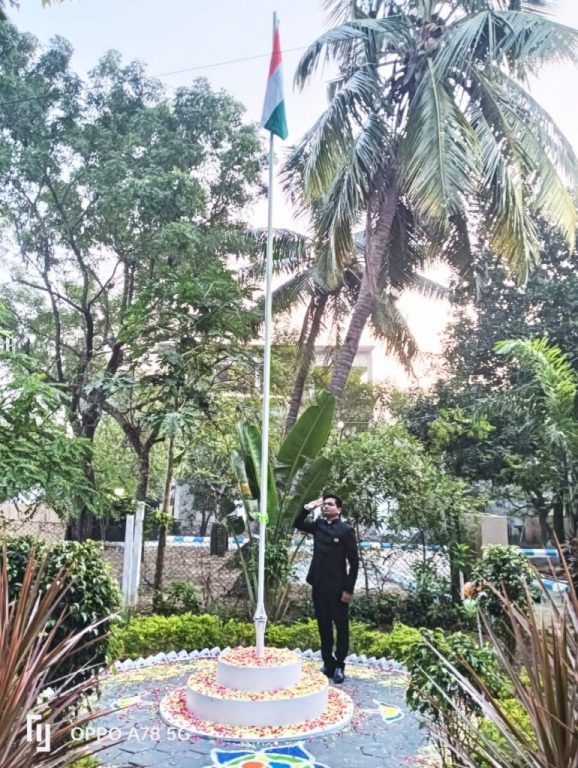
He achieved a commendable score of 206 out of 275, ranking among the highest scores in the 2021 batch.
During his trip to Delhi, Mr. Waghe faced challenges with the humid weather. He developed a bacterial infection in his right ear due to logistical issues. On the interview day, despite COVID-19 precautions mandating a 12-foot distance, his blocked ear posed additional challenges.
“Despite this setback, I faced the interview. The first question posed to me was, “Sanket, what are you a symbol of? Are you a symbol of Corona?” I responded, “Yes, Madam, I am a symbol, but not of Corona. I am a symbol of the vaccine,” Mr. Waghe recalled.
PARENTS SUPPORT
To this day, his parents still need to familiarize themselves with the terms UPSC and IAS. While his mother knew he was preparing for the IAS, she didn’t grasp the concept of what it entailed.
“An amusing incident occurred on the day of my results. When I informed my mother in Marathi that I had cleared UPSC, she misunderstood, thinking I had been preparing for IAS but had cleared UPSC instead. She began consoling me, urging me not to be disheartened and to aim for clearing IAS in the next attempt,” Mr. Waghe chuckled.
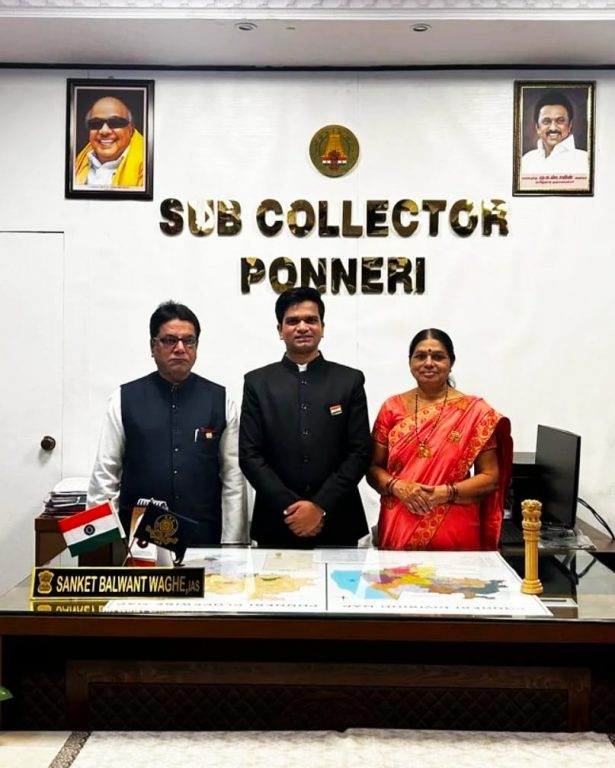
THREE MONTHS IN ADMINISTRATION
Mr. Waghe is currently posted as SDM, Ponneri. In the Ponneri sub-division, Tamil Nadu’s coastal area, a major challenge was the lack of caste certificates among scheduled tribe individuals, affecting 70-80% of the population. To address this, Mr. Waghe conducted special camps in schools, ensuring students sitting for competitive exams obtained their scheduled tribe certificates.
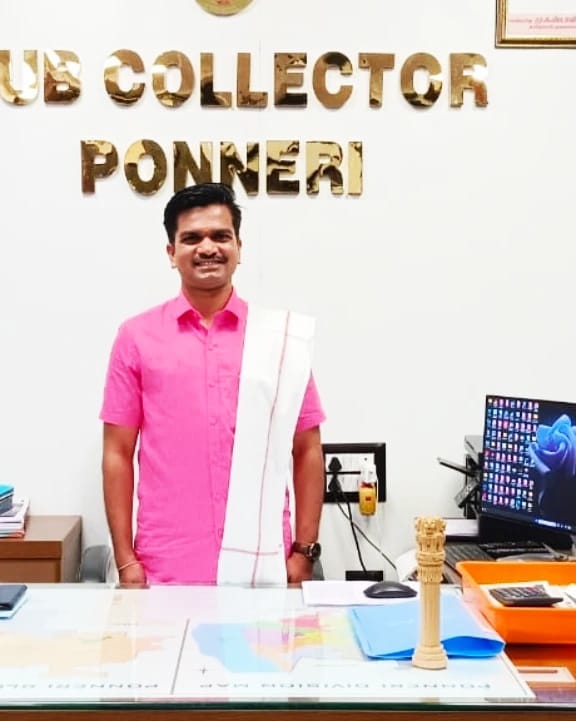
Within his initial three months, he held a job fair to tackle unemployment among the local fisherman community, often affected by cyclical disasters. “Guided by our district collector, we surveyed 2700 coastal households, identifying candidates’ educational backgrounds. Through industry connections, we hired 350 out of 1565 applicants and initiated training for 400 more,” the officer shared.

